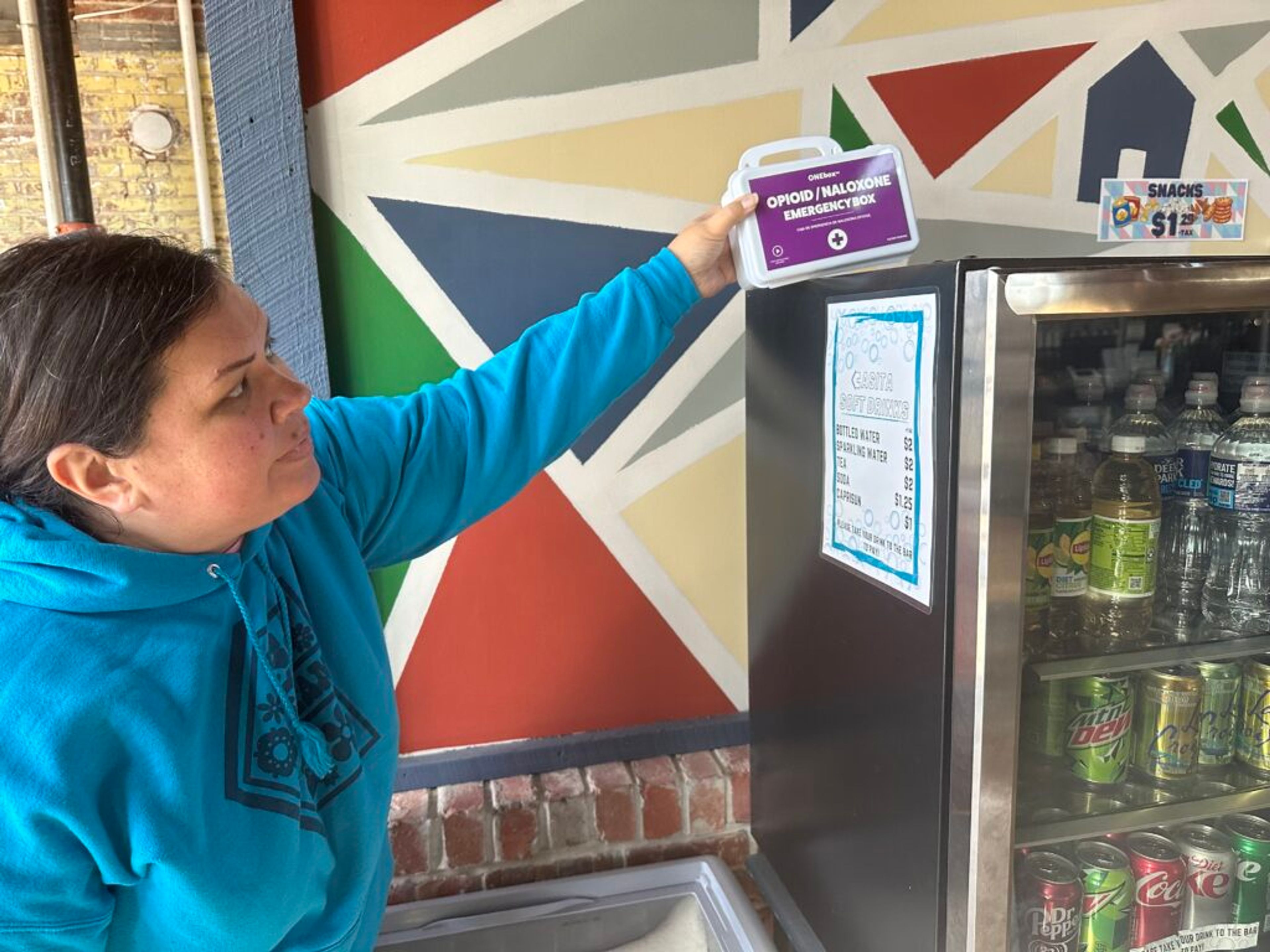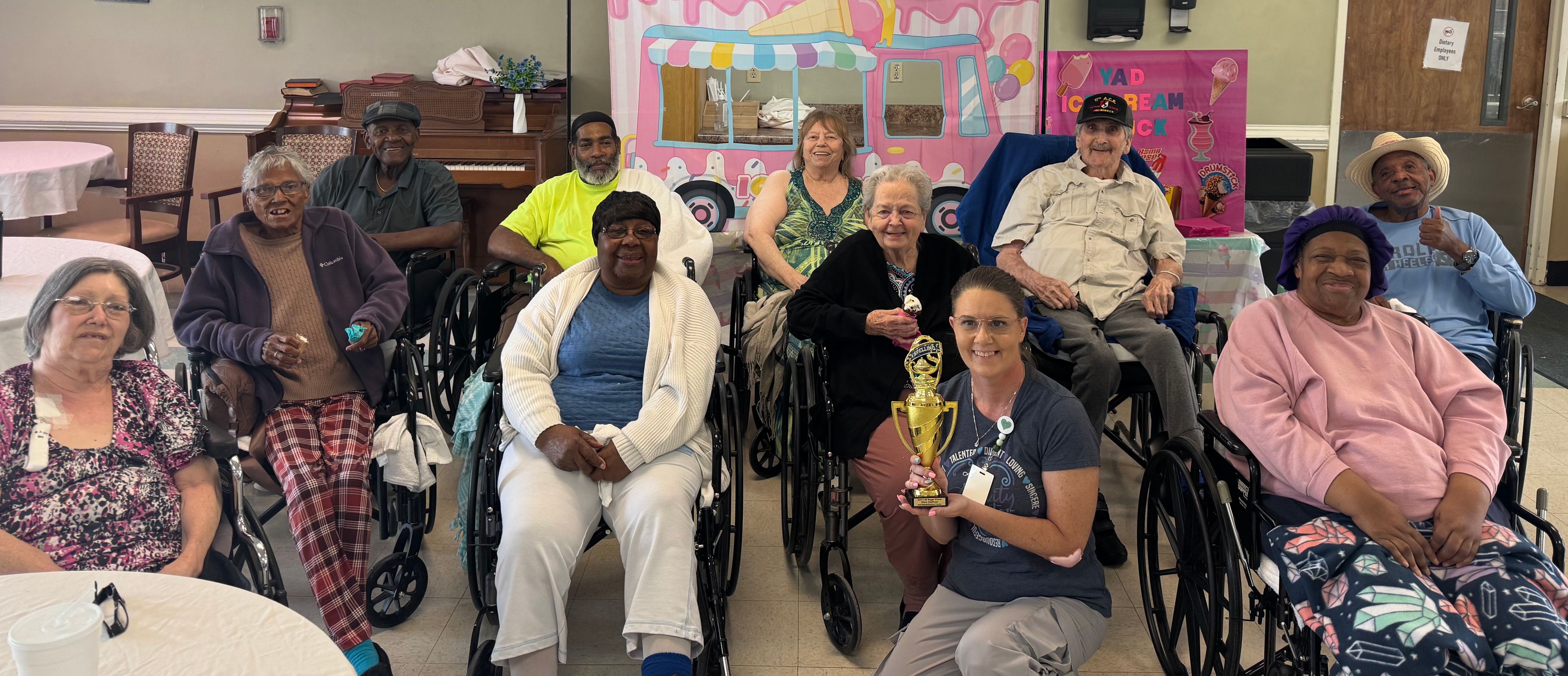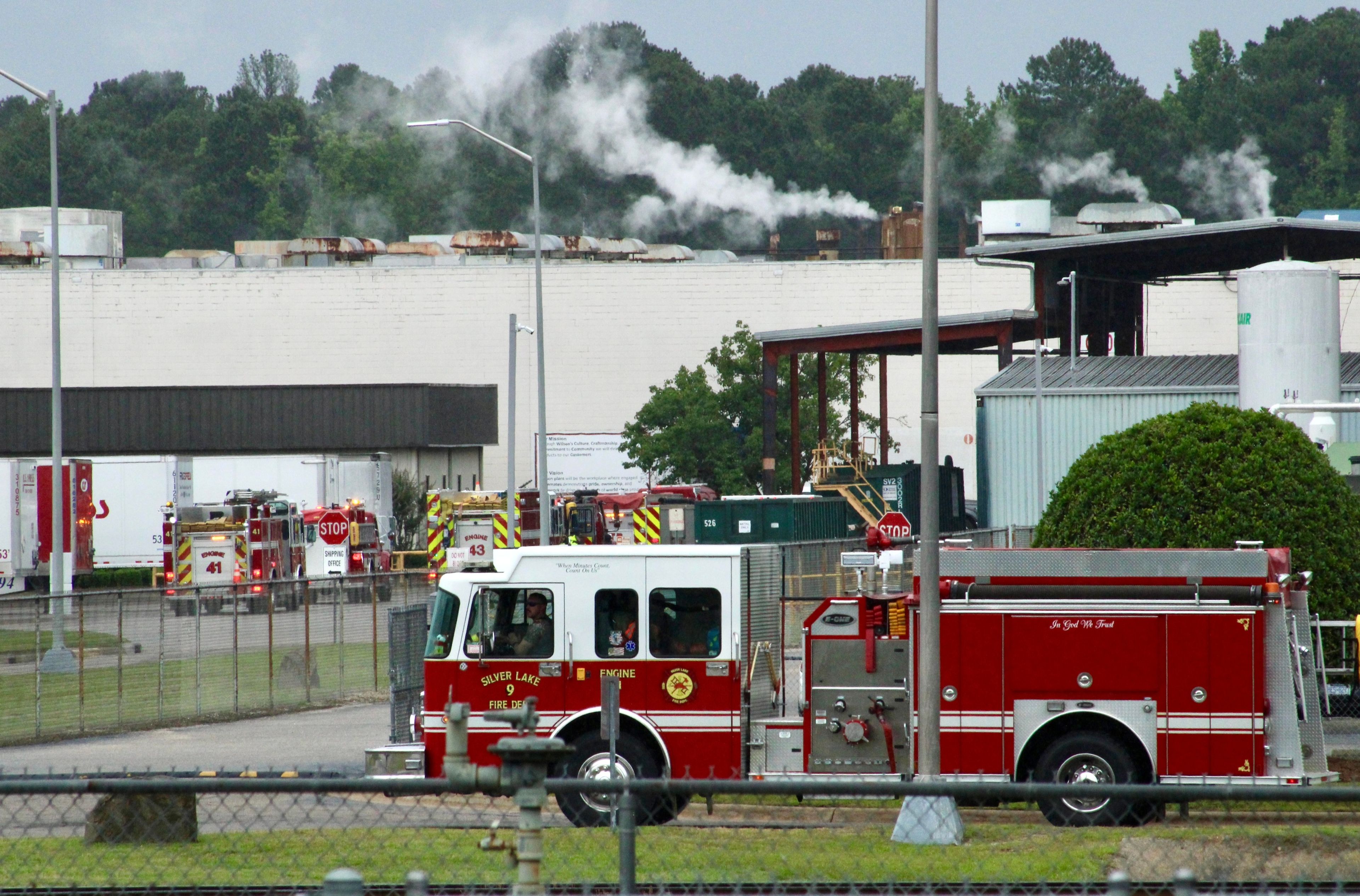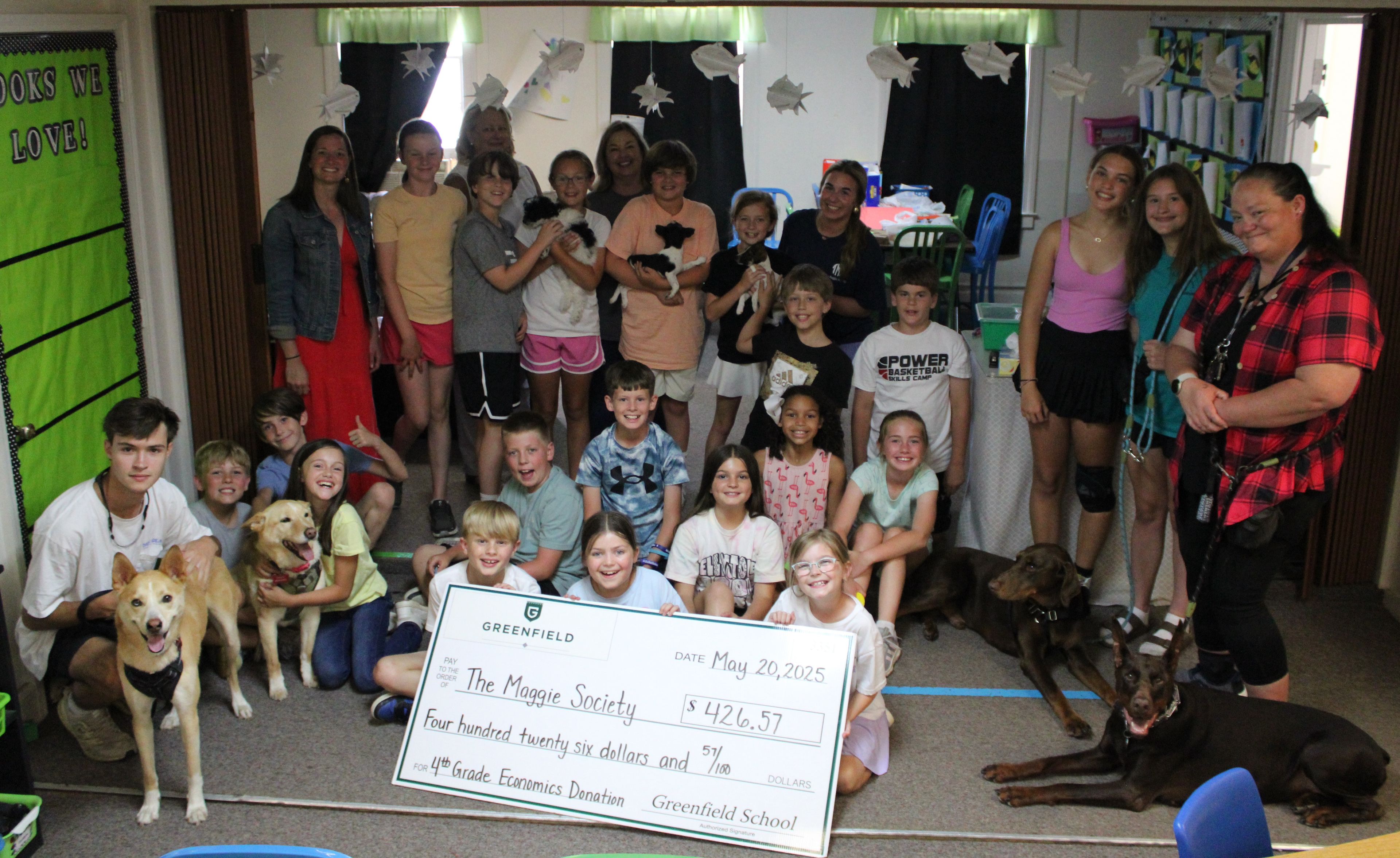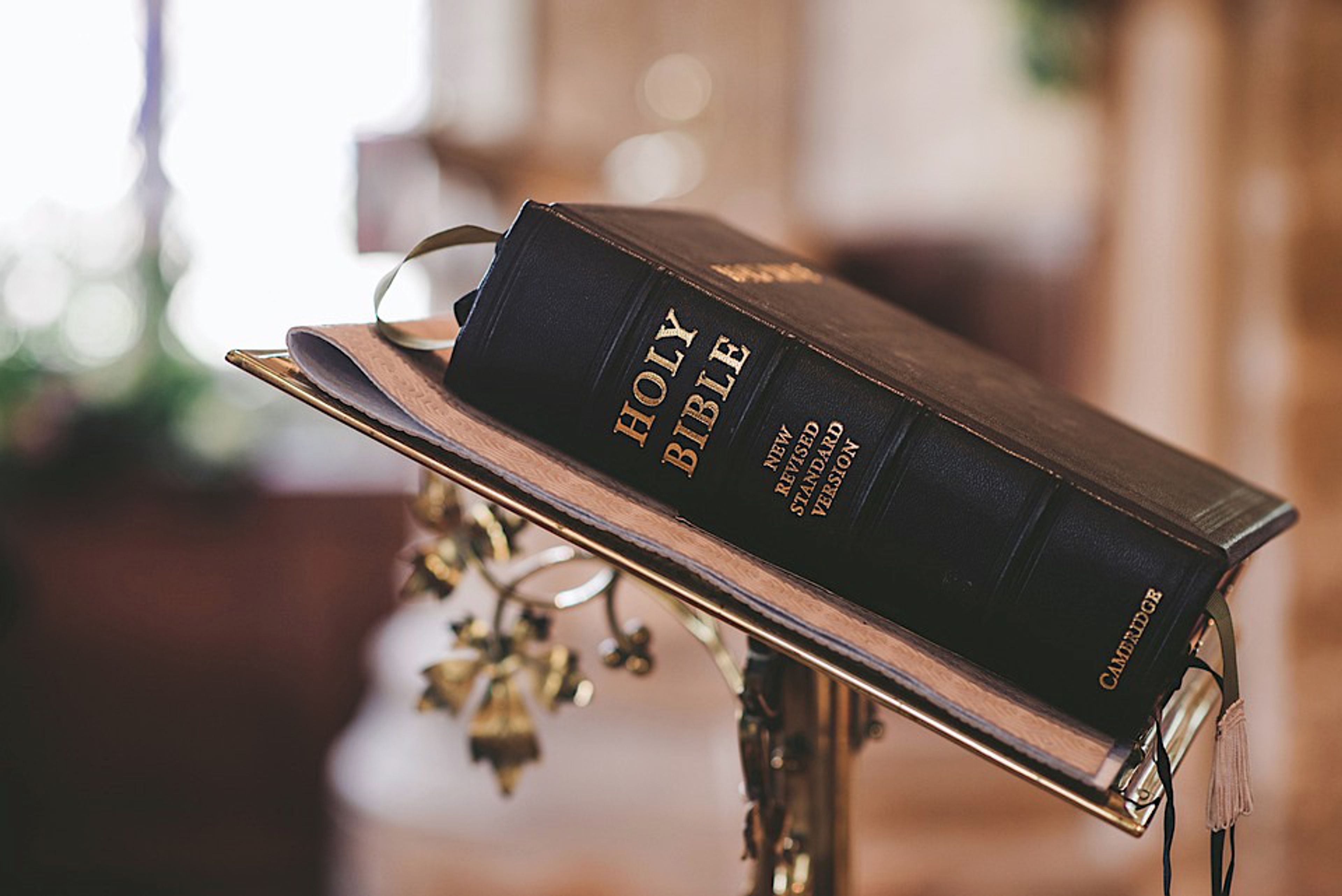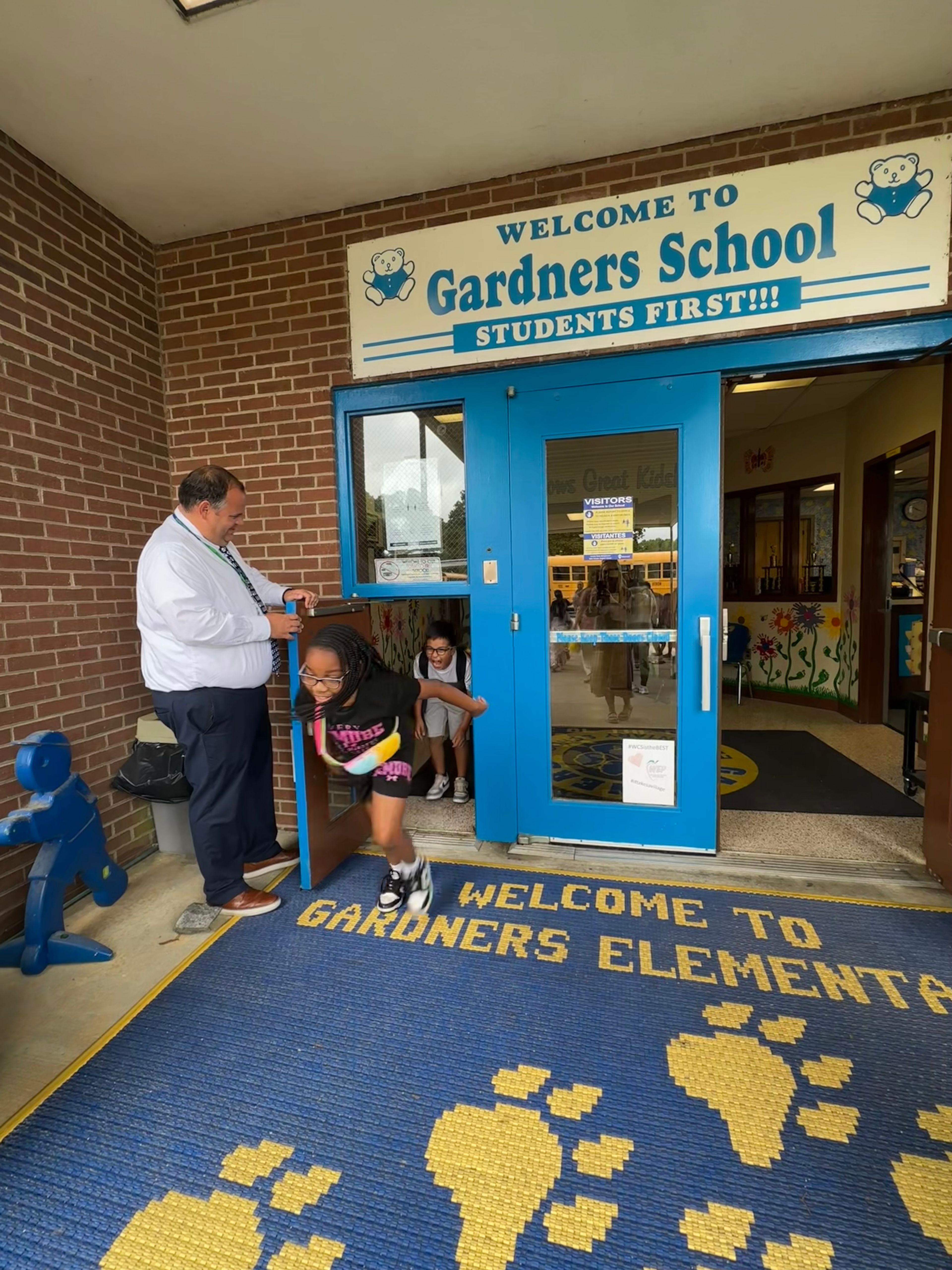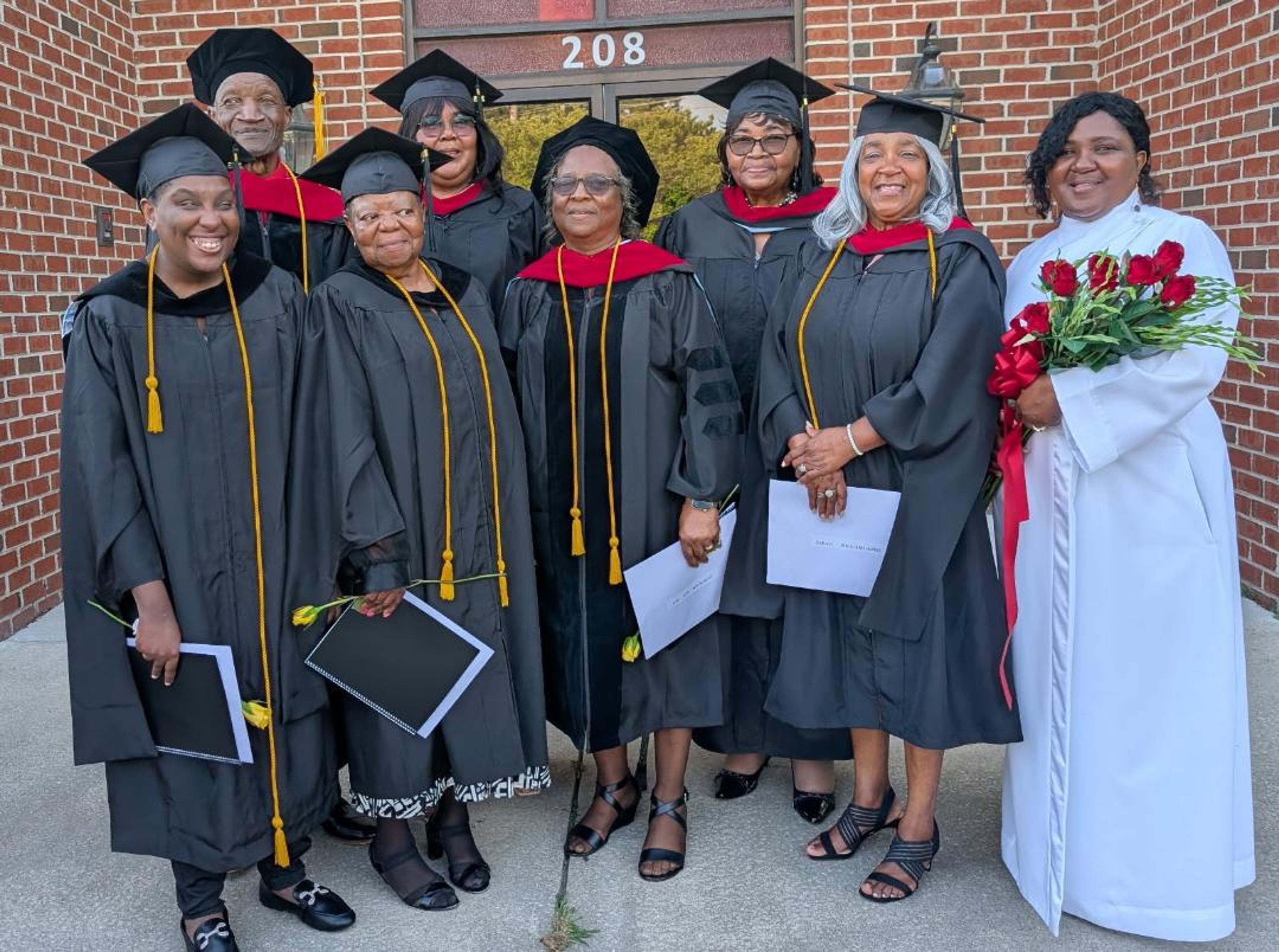‘First aid kit for an overdose’: Coalition distributes lifesaving kits
Fire extinguishers and first-aid kits are readily available in emergencies. Pretty soon, a new kit will join a list of lifesaving tools in Wilson. This particular tool could help save a life in the midst of an opioid overdose. "It's like a first-aid kit for an overdose," said Jeff Hill, Wilson County Substance Prevention Coalition executive director. The coalition recently […]
Fire extinguishers and first-aid kits are readily available in emergencies. Pretty soon, a new kit will join a list of lifesaving tools in Wilson. This particular tool could help save a life in the midst of an opioid overdose.
"It's like a first-aid kit for an overdose," said Jeff Hill, Wilson County Substance Prevention Coalition executive director.
The coalition recently purchased 200 ONEbox kits for distribution in strategic places throughout Wilson County. ONEbox is an emergency opioid overdose reversal kit that's stocked with intranasal naloxone, also known by the brand name Narcan, as well as CPR masks, gloves and wipes. The kit has other features that officials say could be a game-changer for the Wilson community in its fight against the opioid crisis. It features video instructions — in English and Spanish — on how to administer the lifesaving antidote in emergencies.
"As soon as you pull the tab, the video starts," Hill said. "It's like having a first responder there to walk you through the process. It can alleviate your anxiety and concerns."
The kit has a training mode that can be used in a non-emergency situation to educate people on how to administer naloxone in six minutes.
"The training is in the box," Hill said.
GROWING WILSON'S COMMUNITY OF FIRST RESPONDERS
The coalition is working with the Wilson County Health Department and Wilson County EMS to place the kits in strategic, high-traffic areas.
For more than a year now, the coalition, the health department and EMS have worked to create "a community of first responders."
Officials have trained groups, businesses, nonprofits, schools and government agencies throughout Wilson on how to administer the lifesaving antidote that reverses an opioid overdose. ONEbox enables officials to reach more people and expand access to naloxone training.
"This is an expansion of our community of first responders program," Hill said. "We're not only arming them with naloxone, but arming them with a tool that can be used to train others and grow Wilson's community of first responders."
The coalition has distributed more than 60 ONEbox kits so far. Hill said organizers are targeting faith-based organizations, churches, nonprofits, colleges, pharmacies, stores, government agencies and even restaurants and bars.
'HELP SAVE A LIFE'
Casita Brewing Co. is just one establishment that recently received a ONEbox kit.
Co-owner Mahalia Witter-Merithew said the brewery's ONEbox kit has been placed on top of the nonalcoholic beverage cooler. It's visible for any member of the public to use if a suspected opioid overdose occurs.
"They can grab that box and help save a life," she said. "Anybody can get to it."
Witter-Merithew said administering naloxone is as easy as using Flonase, the nasal allergy spray.
"Being downtown, I think it's important for businesses to be problem-aware and know that these problems exist in our community and then to receive the training so that they can help and their staff can help in case an overdose situation occurs," she said.
The coalition has previously trained Casita employees and armed them with naloxone. Hill said Casita is an example of what the coalition's community initiative aims to do.
ONEbox kits are also located at Hope Station, the OIC of Wilson, Thomas Drug Store, Barton College, YOUTH of Wilson County, Wilson County Schools campuses, the Wilson Police Department, Wilson Professional Services, Wilson County Public Library, First Missionary Baptist Church of Elm City, Wilson County Senior Activity Center and Wilson County's main administration building on Miller Road. The coalition plans to have all 200 ONEbox kits distributed by mid-March.
"We are the first county in the state that we know of that has them," Hill said. "As of now, we are one of the first communities in North Carolina to have a distribution or mobilization plan centered around ONEbox."
FIND THE PURPLE BOX
Hill said the coalition and its partners want the Wilson community to be aware of the lightweight purple box and get into the habit of knowing where it is in case an opioid overdose emergency arises. The goal is to have ONEbox alongside other emergency tools, he added.
"Just like you would say 'I need to find an AED' (automated external defibrillator) for a cardiac arrest or a first-aid kit, we want people to say they need to find the purple box," Hill said.
There's even a hashtag that goes along with the campaign — #findthepurplebox.
State and local health officials say the rise in overdose deaths in recent years is driven by illegally manufactured fentanyl. There's also another disturbing trend — fentanyl being incidentally laced in products like vape pens, gummies and even pressed pills.
Dealers are using pharmaceutical-grade pill presses and creating lookalike pills that resemble prescription medications such as Percocet, Xanax, Klonopin and Adderall. As a result, youths and adults believe they're taking one thing, but it ends up being a lethal dose of fentanyl.
Wilson County's collaborative strategy on training and making naloxone available is working, Hill said. And the proof is in the numbers.
'YOU'RE PROTECTED UNDER THE GOOD SAMARITAN LAW'
While North Carolina saw a 25% increase in opioid overdose deaths — mainly due to fentanyl — last year, Wilson County's opioid overdose death rate went down by nearly 30%, according to Hill.
"That's directly tied to the number of people trained and armed with naloxone," he said.
Naloxone is only effective on people who have used opioids, but it doesn't harm those experiencing a different type of overdose or another medical condition. Hill reminds community members that anyone can carry and administer naloxone without fear of legal repercussions.
"You are protected under the Good Samaritan law," he said.
The goal is to save lives and to get people suffering from an opioid-use disorder into recovery.
"We can't treat dead people," Hill said.
COLLABORATION
The ONEbox kits were bought with Wilson County's share of a multi-state opioid settlement. County commissioners have already signed off on how the first $600,000 settlement payment will be spent, which included the $40,000 ONEbox purchase. Other countywide initiatives are currently underway.
Hill said these efforts are examples of having well-versed and well-informed leaders who are willing to address the opioid crisis here.
"They don't just talk the talk, but they walk the walk," he said.
Hill said the innovation and collaboration among agencies makes Wilson County unique.
"That's what makes Wilson County special," he said.
The county is slated to receive at least $7.55 million in its local share of a multi-state opioid settlement over an 18-year period. That dollar amount could increase as more legal cases are settled, county officials said.
